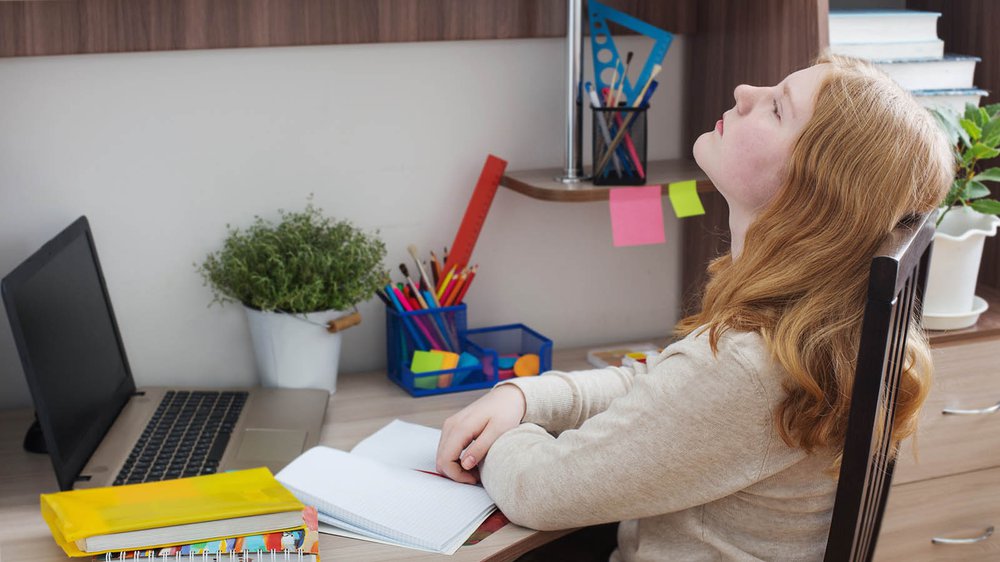Now that the initial shock of a health crisis ravaging our nation has set in, it is time to consider a sweeping change in the way we support our school communities in mental and emotional wellness. Most school districts have acknowledged the impact SEL has on their students. Learning how to manage emotions and how to get along with others is important in a physical school building. But does the education community really understand the importance of mental and emotional wellness? Mental and emotional wellness is important in trying to understand/conquer the relationship between:
- emotions and motivation
- emotions and academic success
- emotions and attendance
- emotions and suspension
- emotions and school drop-out rates
Without the skills to identify, acknowledge and change our emotions and our thinking, our students won’t be equipped for distance learning. Learning how to motivate ourselves, recover from a disappointment or loss and understand how our physical health habits affect our emotions and decision making are really the keys to academic success, as well as success in relationships, a work environment and in the community. Mental and Emotional Wellness is important when it comes to being college and career ready.
There are many times each of us have and will experience a crisis where we need to rise to the occasion and support our classmates, family, friends and community. But “shelter-in-place” is the complete opposite. Most of our staff and students are not prepared for the emotions, hardships and disappointment resulting from isolation.
Human beings are social by nature. Social connection is essential to nearly every aspect of our health and well-being. Therefore, being separated from our classmates and teachers, our teammates, our families, our friends and our community has a negative effect on how we feel each day. If you are feeling down or unmotivated, you are not alone!
Students are having a hard time adjusting to remote learning.
Many families are in financial distress. Closure of businesses, restaurants and a halt in daily life as we know it has created fear of not having enough to eat, paying the rent/mortgage and filling the gas tank. Many families who own businesses are watching their livelihoods crumble, bills piling up, and fear of financial ruin. Many families are watching their savings wither away.
US and global markets have been impaired at a historic level – the trickle-down affect has been witnessed in nearly all areas of the market, much the way it has in all areas of life. Savings and retirement accounts are affected, the stock market has declined dramatically, and the average citizen’s financial security has been compromised.
Sickness and death are all around us. Fear of someone we love getting sick, the death of loved ones and community members, the inability to properly grieve and morn those who have passed are taking a toll on our spirits. If we haven’t had a personal loss, the discomfort of having to wear protective gear to curtail the most contagious virus most of us have seen in our lifetimes is driving our fear. It is natural that families are full of stress and anxiety.
How is this affecting our students?
There has never been a better time to re-evaluate how we can better serve our students.
Children, adolescents and young adults are suffering from a lack of independence, loss of milestones and celebrations, and even the standard routines that allow us to feel healthy and safe. The lack of personal space and alone time, the inability to hang out with friends and take a break from the stress of school work is causing emotional distress.
Fear and worry can easily creep into our minds and literally paralyze our thinking and the ability to do school work.
How are you mentally and emotionally supporting your staff, students and families? How has your district adjusted to meet the academic needs of your students? What professional learning opportunities have you provided your staff to listen, acknowledge, support and encourage students in these unprecedented times of anxiety and stress?
We don’t go to school, we are the school. If your staff doesn’t have the skills to get on board with these changes and adaptability, you need to flex your leadership muscles and help them to embrace the strategies and techniques necessary for distance learning. It is a time for renewal. A time to look at our current ways of educating our students, acknowledge what we need to be better and decide to embrace something we have never done before. Each educator has the ability to write a new story. Will you write a new story?
About the author

Jill Brown is the founder of Generation Text Online, a company that offers an interactive staff development model and teacher directed lessons which has the goal of teaching mental health and wellness, providing social and emotional learning and establishing a safe and supportive learning environment for all students.











